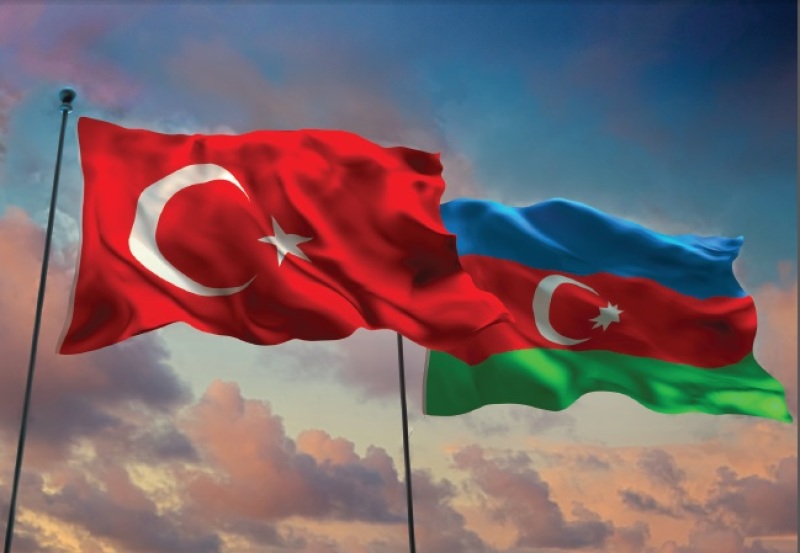
A 42-year-old mandate of the Turkish government was finally revoked last week by the country's high court.
The International Christian Concern reported that the Turkish Constitutional Court ruled that the country's compulsory Islamic religion class is a violation of human rights and religious freedom. The Islamic classes used to be voluntary before the 1980s and provided some exemptions for Jews and Christians in its provisions.
Al-Monitor explained that the high court's decision ended the decades-long legal battle fought by Huseyin El who opposed the mandatory religion classes that his fourth-grade daughter, Nazli Sirin El, was subjected to in school. The school principal told El that exemptions were only given to Christians and Jews and not to Alevis, which is the branch of Islam he and his daughter belonged. El contested that the mandatory religion classes violated Turkey's Constitutional Article 24 for forcing parents like him to reveal or document their faith.
El was favored by the local court in Akara 13 years ago but the country's Education Ministry appealed to the Council of State, which favored the latter. The case was brought to the Constitutional Court in 2014, which ruled last March 7 that the law violated parental rights on children's education based on religious convictions and beliefs as stated in Article 24 of the country's Constitution.
El's lawyer, Esra Basbakkal, told Al-Monitor that the Constitutional Court's decision is a landmark case and becomes a precedent for parents wishing to do the same for their children.
"We have to wait for the full verdict. But, ideally, the ruling should be a broad one on the concept of freedom of religion and create a precedent for people in similar situations who do not want their children to take those classes because of their religious and philosophical beliefs," Basbakkal said.
The Education Commission member Mehmet Akif Yilmaz, on the other hand, condemned the court's decision as treason. Yilmaz, who also serves as deputy of the Justice and Development Party, raised that branding the religion class as a human rights violation when Islam shapes Turkey's youth makes it a betrayal of the country.
Accordingly, the military coup led by General Kenan Evren ended the voluntary participation of students in the religion classes in 1980. Evren included the religion classes in the 1982 constitution to provide students with an unbiased, objective, and scientific knowledge of Islam. The classes, which were conducted weekly, hoped to equip children against fanaticism, myths, and fallacies on Islam. But the mandatory classes only created unease with the Alevis since it focused on Sunni Islam.
Succeeding Turkish administrations since 2002 eventually loosened the mandatory classes and opened schools to provide optional religious courses on Islam. The Turkish court then ruled in 2017 that children can be exempted from the classes if they were not Muslims.
In line with the Constitutional Court's decision, Turkish human rights lawyer Orhan Kemal Cengiz said the Turkish Constitutional Court's decision brings hope that the country's justice system is finally in the right direction. The decision comes in the face of repeated calls from the European Court of Human Rights to set political prisoner Osman Kavala free.
"This is a delayed decision, but it is a step in the right direction. Local courts often ignore the ECHR decisions, but they now have to heed the Constitutional Court's," Cengiz said.
Kavala was imprisoned for his involvement in the Gezi Park protests of 2013 and the coup attempt of 2016. Turkish President Tayyip Erdrogan has kept Kavala imprisoned for four years even without a conviction. The Turkish courts ruled on November 26, 2021 to keep him behind bars and scheduled his hearing last January 17 yet to no avail.
The European Court of Human Rights, through a 2019 ruling, and the United States have been calling for his release. The Council of Europe Committee of Ministers is reportedly considering infringement proceedings against Turkey for Kavala's continued detention.



















